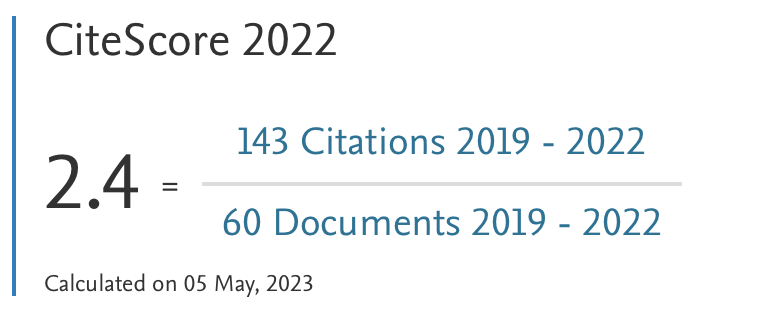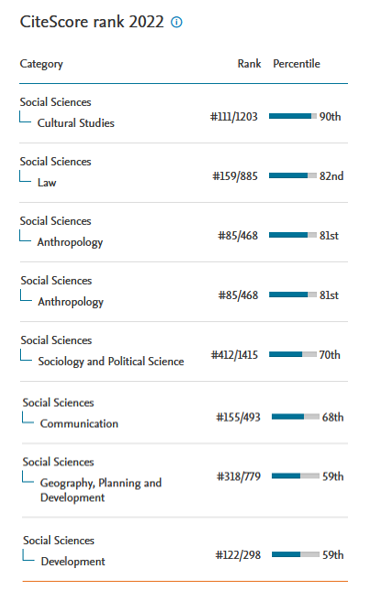Giving Trends in Myanmar: More Than Merit Making
DOI:
https://doi.org/10.14764/10.ASEAS-2017.2-5Keywords:
Charity, Cyclone Nargis, Giving Trends, Merit-Making, MyanmarAbstract
Myanmar, with a human development index ranking of 145 out of 188 countries (UNDP,2016), has been given the prestigious title as the number one giving nation in the world for three years running (2014-2016) by Charities Aid Foundation, challenging the notion that giving is tied to wealth. Explanations for why this is the case tend to focus on the religious practices of Theravada Buddhism and merit-making. This explanation is only part of the picture, however, and does not account for the similarly high rates of giving by other religious groups in Myanmar or for the failing of other Buddhist nations to equal Myanmar’s generosity. I will argue that the low levels of state investment in basic human welfare and the widespread deprivation in the country due to the long years of military rule, coupled with the lack of effective institutions to provide basic social welfare services, are equally strong motivators for charity. At the same time, I will demonstrate that giving trends in Myanmar - even those motivated by compassion or religious duty - area response to immediate needs that are unmet by government or institutional support. For the vast majority of people, reliance on your neighbor is the only available insurance. Such charitable giving rarely extends to philanthropic giving, which addresses systemic and root causes of poverty rather than targeting symptoms. I provide explanations for the high level of charitable giving in Myanmar, looking at everyday examples of giving in Myanmar from both individuals and local businesses and considering the humanitarian disaster of Cyclone Nargis in 2008 as a case example.
Downloads
Published
Issue
Section
License
Copyright (c) 2017 Testjournal ASEAS-Konversion

This work is licensed under a Creative Commons Attribution-NonCommercial-NoDerivatives 3.0 Unported License.
For all articles published in ASEAS before December 2014 and after July 2022, copyright is retained by the authors. For articles published between January 2015 and June 2022, the Society for South-East Asian Studies (SEAS) is the copyright holder. Articles published in ASEAS before December 2019 are licensed under the following Creative Commons License: Attribution-NonCommercial-NoDerivs 3.0 Unported. Articles published after that date are licensed under the following Creative Commons License: Attribution-NonCommercial-NoDerivs 4.0 International. In both cases, this means that everybody is free to share (to copy, to distribute, and to transmit the work) under the following conditions:
-
Attribution — You must give appropriate credit, provide a link to the license, and indicate if changes were made. You may do so in any reasonable manner, but not in any way that suggests the licensor endorses you or your use.
-
NonCommercial — You may not use the material for commercial purposes.
-
NoDerivatives — If you remix, transform, or build upon the material, you may not distribute the modified material.







